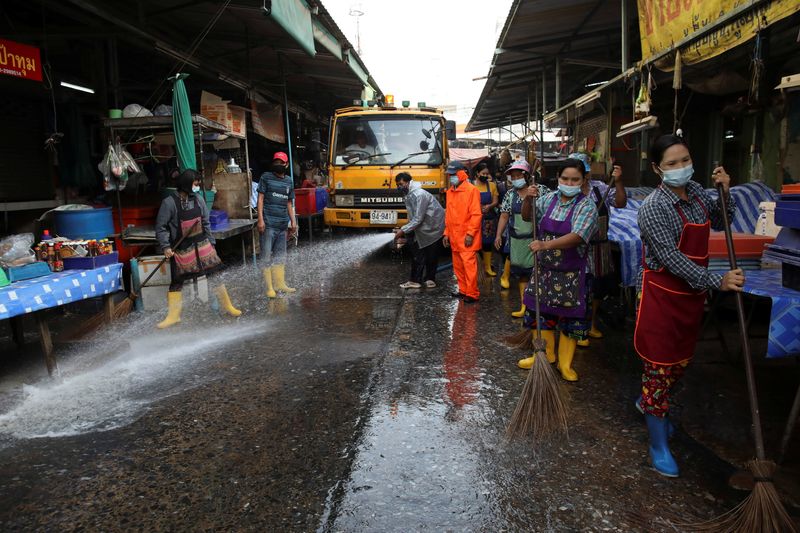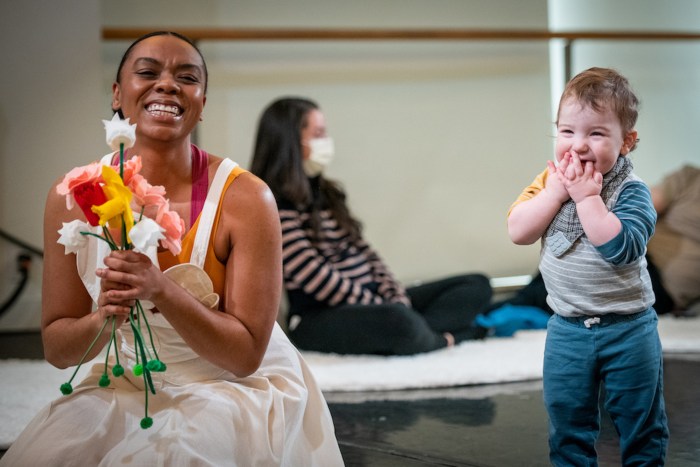BANGKOK (Reuters) – Thailand’s health minister called for understanding on Tuesday and sought to explain the country’s coronavirus vaccine procurement plan, following criticism that the government has lacked transparency and been too slow in securing supplies.
The strategy came under scrutiny last week when banned opposition politician Thanathorn Juangroongruangkit said the government had been too reliant on a company owned by King Maha Vajiralongkorn to produce vaccines for Thais while failing to negotiate multiple deals, as other countries have.
Thanathorn faces a royal insult lawsuit for mentioning the king in questions he had raised regarding royal-owned Siam Bioscience, which will manufacture the AstraZeneca vaccine locally for regional distribution.
Public Health Minister Anutin Charnvirakul said Thailand started negotiating in April with “every vaccine producer” but its laws prevented government agencies from making non-refundable downpayments for products not yet manufactured.
AstraZeneca presented the best option with its lower-priced vaccines and promised technology transfer to Siam Bioscience, he said.
“The offer from AstraZeneca to use a factory in Thailand to produce its vaccines to sell in Southeast Asia means vaccine security for Thailand,” Anutin said in a Facebook post addressed to Thanathorn.
“Please believe that we don’t have a political aim and don’t wish to use public health and safety as a political tool.”
Thailand will receive 26 million doses of locally-produced AstraZeneca vaccines via Siam Bioscience, and has separately reserved 35 million other doses with the firm. It has also ordered 2 million doses of Sinovac Biotech’s vaccine.
Anutin said 63 million doses would vaccinate 31.5 million of Thailand’s 70 million people, enough to reach herd immunity.
On Monday, he said AstraZeneca had confirmed it would ship 150,000 doses to Thailand, which plans to start its first inoculation with 50,000 doses next month.
The country reported a daily record 959 new coronavirus cases on Tuesday after a ramping-up of testing in Samut Sakhon province, the epicentre of its most recent outbreak.
(Reporting by Patpicha Tanakasempipat and Panarat Thepgumpanat; Editing by Martin Petty and Catherine Evans)






















